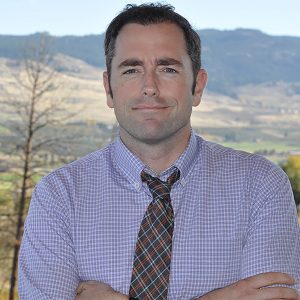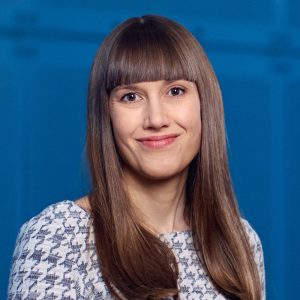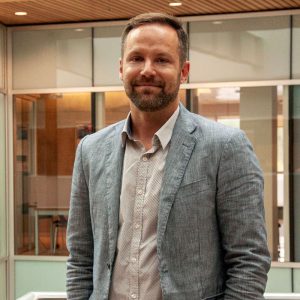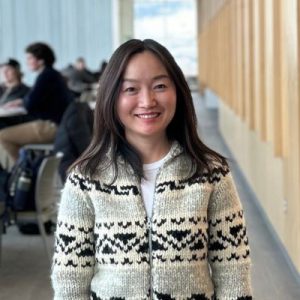Centre for Mindful Engagement

The Centre for Mindful Engagement (CME) promotes civic dialogue on educational values, policies, and practices. We are interested in supporting research that aims to improve our understanding of education across different intellectual and disciplinary traditions.
Rapid social, economic, and technological change in the early 21st century has had a profound effect on civic life. Artificial intelligence, climate change, digital media, and political polarization have introduced a series of difficult challenges to societies founded on democratic values of freedom, equality, and tolerance. We believe that open and respectful dialogue from diverse points of view is foundational to any educational project aimed at addressing these contemporary problems.
Our work promotes
- space for the thoughtful exchange of educational ideas
- the development of education-related research projects
- connections between scholarship and practice
Upcoming Event
Education, Systemic Indoctrination, and 21st Century Authoritarianism
Is authoritarianism in the 21st century different from its 20th century counterpart?
How might educational institutions be conscripted for authoritarian ends (or to combat those ends)?
How should concerned educators understand and respond to contemporary authoritarianism?
Authoritarianism is a political outlook in which the power of the state to command and coerce citizens is seen to legitimately trump democratic values, the rule of law and civil liberties. Observers have documented a rise in authoritarian political attitudes across the globe. It has become increasingly clear educational systems have been an influential lever in advancing an authoritarian outlook, both in terms of the internal culture of educational institutions themselves (e.g., pressure to conform to various ideological precepts) and with respect to the political exploitation of public worries about the trustworthiness of those same institutions (e.g., moral panic about ‘indoctrination’). It is undeniable that education is key to understanding authoritarianism as a 21st century phenomenon.
This symposium session will feature scholarly work that aims to address these, and related, themes followed by a discussion with the audience.
Event Details
Thursday, April 17
3:30 to 5:30 p.m. PST
In-Person on the UBC Okanagan Campus (ART 114)
Online via Zoom
Room location and Zoom link will be emailed.
Speakers
Fedor Korochkin
TU Dortmund University, Germany
Center for Independent Social Research – U.S., Washington, D.C.
Thomas Heilke
Department of Economics, Philosophy and Political Science,
The University of British Columbia Okanagan, British Columbia, Canada
Manuela Ungureanu
Department of Economics, Philosophy and Political Science
The University of British Columbia Okanagan, British Columbia, Canada
Christopher Martin
Director, Centre for Mindful Engagement,
Okanagan School of Education, British Columbia, Canada
Supported by
The Centre for Mindful Engagement and the Department of Economics, Philosophy and Political Science
Director, Centre for Mindful Engagement
 Christopher Martin
Christopher Martin
Christopher Martin is Professor of Philosophy and Education in the Okanagan School of Education at the University of British Columbia. He is the author of The Right to Higher Education: A Political Theory (Oxford, 2022), Professional Ethics and Law in Education: A Canadian Guidebook (Canadian Scholars, 2023) (with Dianne Gereluk and Bruce Maxwell), and (with Stefaan Cuypers) R.S. Peters (Bloomsbury, 2014). Before academia he was a public-school teacher and administrator. His is currently working on a project about ethical concepts and how those concepts are best understood in the institutional context of contemporary public schooling teaching.
Fellows
Fellows are scholars interested in working on questions concerning the values and practices of teaching (and of education, more generally). Fellows advise on the content and direction of CME initiatives, participate in events sponsored by the center, and are a resource for faculty, students and junior scholars.
 Anniina Leiviskä
Anniina Leiviskä
Anniina Leiviskä is an Associate Professor (tenure track) in philosophy of education at the University of Oulu, Finland. Her main fields of research include democracy, democratic education, and social justice in education. In her recent research, she has especially focused on philosophical issues of democratic education in relation to the current challenges of democratic societies, such as political polarization, growing social and educational inequalities, and the status of minority and marginalised groups. She currently leads two research projects on democratic education, one focusing on the relationship between democratic education and political polarization (funded by the Kone foundation), and the other on the potential of democratic education to improve the social and political status of young immigrants in Finland (funded by the University of Oulu).
 Kyle Hamilton
Kyle Hamilton
Kyle Hamilton is a passionate educator having taught at the middle, secondary and post-secondary levels. He values complex teaching and learning environments that seek to grapple with human well-being, agency, diverse knowledges, praxis, subjective reconstruction, and democratization. His masters work explored the philosophy of cosmopolitanism in relation to K-12 settings and his PhD work focuses on foregrounding K-12 classrooms and schools as sites for developing more democratic and more just societies.

Andrew Pulvermacher
Andrew Pulvermacher is Associate Dean for Arts and Foundational Programs at Okanagan College, a public community college British Columbia. His research focuses on adults’ right to education, the concept of education to which they ought to be entitled, and the institutional frameworks that support this. In his administrative role, he works to apply these principles and finds particular interest in looking for ways to make colleges truly community-integrated educational institutions, and he participates in institutional and provincial policy discussions and initiatives aimed at achieving this vision.
Research Assistant
 Huiming Ma
Huiming Ma
Huiming Ma is completing her M.Ed. at the Okanagan School of Education. Her undergraduate studies focused on early childhood education in China, and has previous experience working as a preschool teacher and in developing early childhood education curricula. She is currently focused on researching ways to improve children’s critical thinking about digital social environments. She also has an interest in the role of philosophical concepts in understanding teaching practices.
GET INVOLVED
Faculty, graduate students, undergraduate students, and community members are invited to become affiliates of the centre. If you are interested in contributing to the centre’s mission and enabling its growth, please contact us.
The Centre for Mindful Engagement, Okanagan School of Education
3141 – 1137 Alumni Ave.
UBC Okanagan
Kelowna, BC Canada V1V1V7
education.ubco@ubc.ca